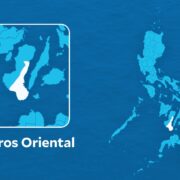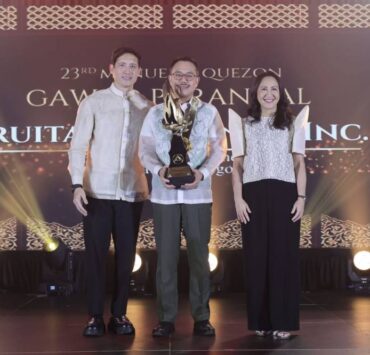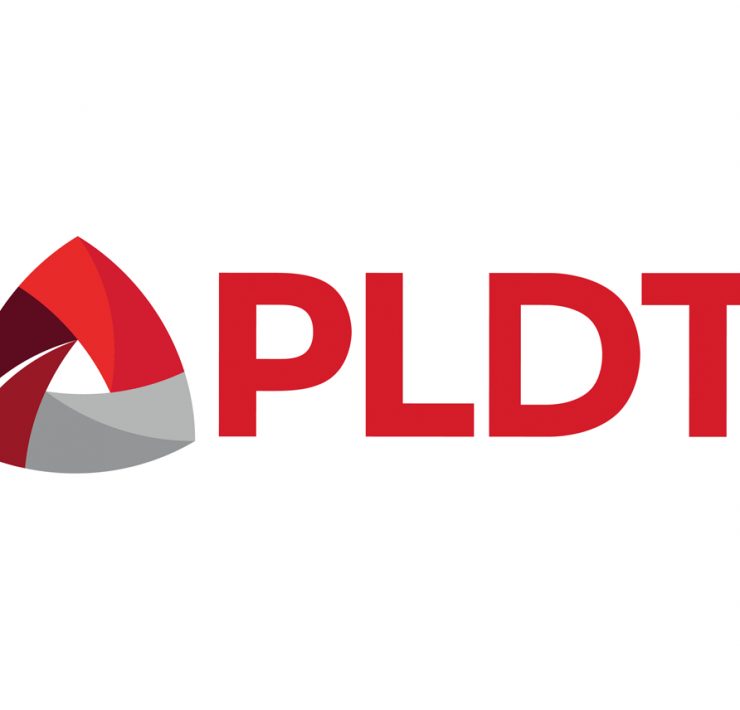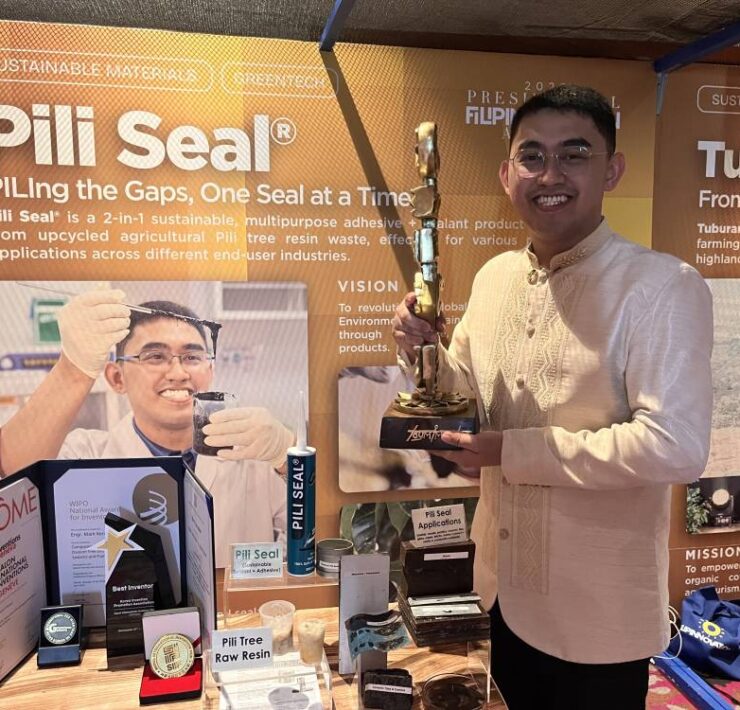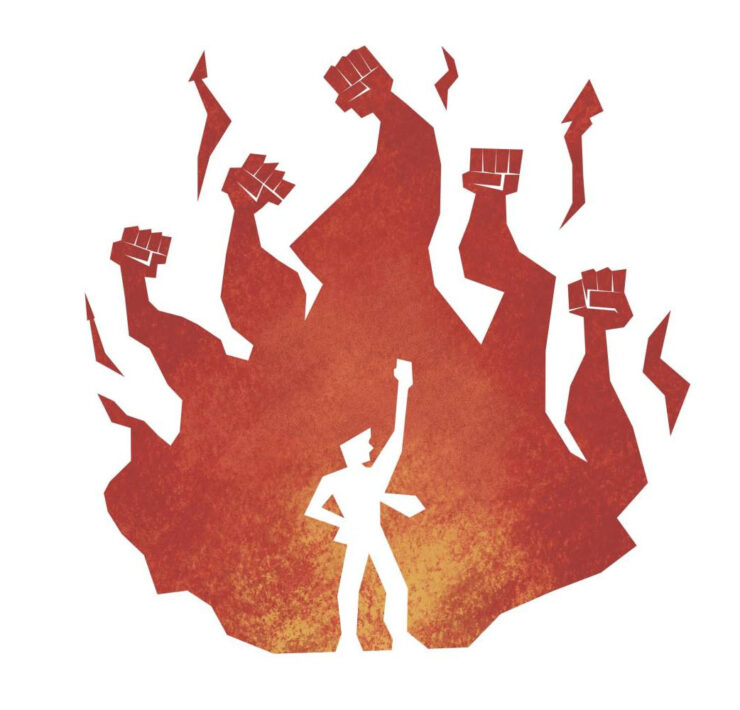Escape the traps that hold us back: Open letter to the Filipino innovator
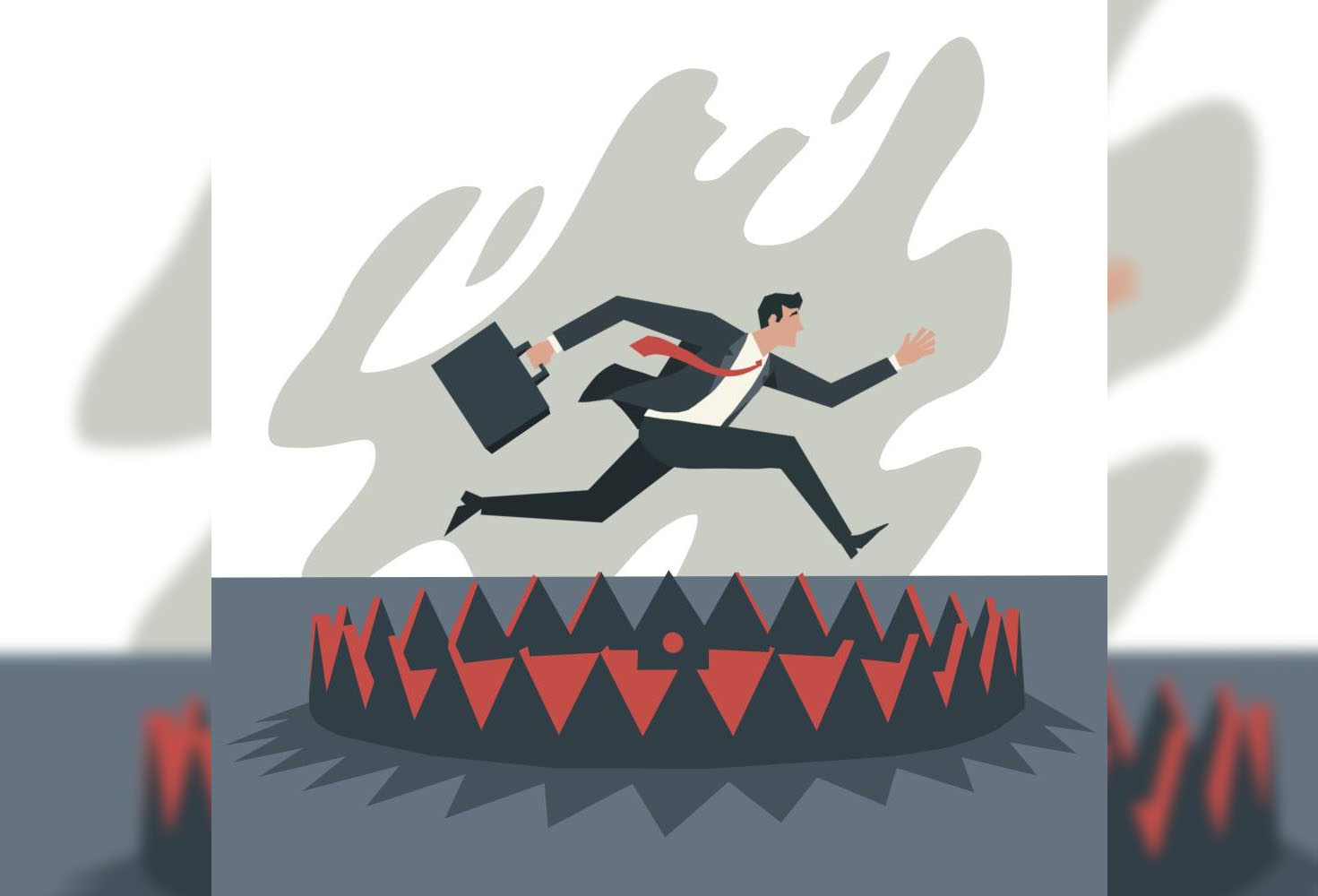
Dear fellow Filipino,
We are often described as the world’s most resilient people: smiling through hardship, laughing in traffic, finding light in the dark.
The world admires that optimism. But perhaps we must now ask: have we learned to survive so well that we’ve forgotten how to transform?
What worked for us before may hold us back now. When we celebrate coping instead of changing, our strength becomes our comfort zone. Maybe this is our moment to shift, from survival to innovation, from okay na (this is good enough) to pwede pa (we can do better).
We see five cultural “traps” that quietly keep us from our next leap.
These are not weaknesses; they are virtues stretched too far. Recognizing them is where transformation begins.
1. The resilience trap
Resilience is courage in motion. Yet when we accept poor service or broken systems because sanay na (we got used to it), that is not loyalty; it is fatigue.
We survive disasters but rarely redesign what keeps causing them. True empathy means refusing to pass that pain to the next generation. Love for our people includes accountability. Asking “why does this keep happening?” is an act of care.
Resilience must be our springboard, not our ceiling.
2. The relationship trap
Relationships are the backbone of our culture. But when loyalty outweighs merit, progress suffers.
Our kumpare culture (old boys’ club) builds warmth but can blur fairness. Pakikisama (camaraderie) keeps peace, but pakikibahagi (shared responsibility) builds progress.
Real trust grows not from avoiding conflict but from confronting truth with respect.
Our workplaces and institutions must evolve from comfort culture to constructive culture.
3. The pride trap
Innovation thrives on feedback, yet we often treat critique as an insult. Pride that protects the familiar blocks discovery.
Our hiya (sense of propriety) keeps us polite, but it can also silence what must be said. Imagine if hiya became our conscience for excellence—nakakahiya kung hindi maganda ang gawa (poor quality work is embarrassing)—instead of nakakahiya kung magsasalita (afraid or ashamed to speak up).
Confidence and humility can coexist. The most secure leaders are those unafraid to be corrected.
4. The faith trap
Faith sustains us through uncertainty. But faith without systems is sentiment, not strategy. We pray for change but rarely build the structures that make those prayers real.
Vision without process is fantasy. Sincerity without structure breeds inefficiency. Faith should drive design, turning hope into habit, belief into better execution.
God gave us faith, but also wisdom and will. The faithful must also be builders.
5. The dependency trap
We take pride in being service-oriented and dependable. But when we define ourselves only by service, we limit our potential.
We export people when we could export possibilities. The Filipino future lies in creation, not just contribution—from call centers to design labs, from caregivers to innovators, from employees abroad to entrepreneurs at home.
We don’t need permission to lead. Our empathy, humor and improvisation are world-class engines of innovation waiting for confidence.
Let’s rebrand ourselves: from “service capital of the world” to “source of human-centered innovation.”
The turning point: Designing together
We have learned to smile through storms. Now we must learn to design beyond them. Survival makes us strong. Innovation will make us sovereign.
Our challenges are not only cultural; they are structural: corruption, inequality, weak systems and fear in leadership.
The next leap is not about waiting for heroes. It is about building better systems together.
The Filipino innovator is already among us: the teacher who designs for curiosity, the entrepreneur who dignifies work, the public servant who aligns process with principle.
Five mindset shifts for a better Philippines
1. The renewal mindset: Let’s move from surviving to building. Real progress shows up in working systems: schools that teach well, businesses that grow with integrity and communities that lift each other.
Today, patriotism isn’t just about symbols. It’s about data-driven decisions, disciplined execution and measured delivery. Every working model is proof that the future is already here.
2. The conscience mindset: Innovation means nothing without integrity. Every new idea should answer one question: does this make life better for more people? Creativity without conscience is just decoration.
3. The cocreation mindset: Our strength lies in kapwa (shared humanity). Filipino innovation thrives on empathy and collaboration. We design not just for people, but with them.
4. The action mindset: Change begins with what’s within reach. Fix one broken system: your classroom, your team, your town. Turn okay na (good enough) into pwede pa (can still be improved). Small, steady, synchronized actions move nations.
5. The system mindset: Hope must be built into structure. We need institutions that reward curiosity, leaders who match faith with follow-through and policies that make creativity a public good.
A new national value proposition
If resilience was our old brand, let relevance be our new one. If we were once known for our smiles, let us now be known for our solutions. It’s “more possible in the Philippines,” because our people don’t just endure; we engineer.
The world doesn’t need a more resilient Philippines. It needs a relevant, reliable and remarkable one, designed by Filipinos, for the world.
Let’s begin. Together.
Josiah Go is a business thought leader. Chiqui Escareal-Go is a marketing anthropologist. They serve as chair and CEO, respectively, of Mansmith and Fielders Inc. They created the Trust Economy Flywheel and Trust-Based Leadership. Together they explore the intersection of marketing, culture and leadership for transformative growth.
Josiah Go is chair and chief innovation strategist of Mansmith and Fielders Inc. He is also cofounder of the Mansmith Innovation Awards. To ask Mansmith Innovation team to help challenge assumptions in your industries, email info@mansmith.net.











